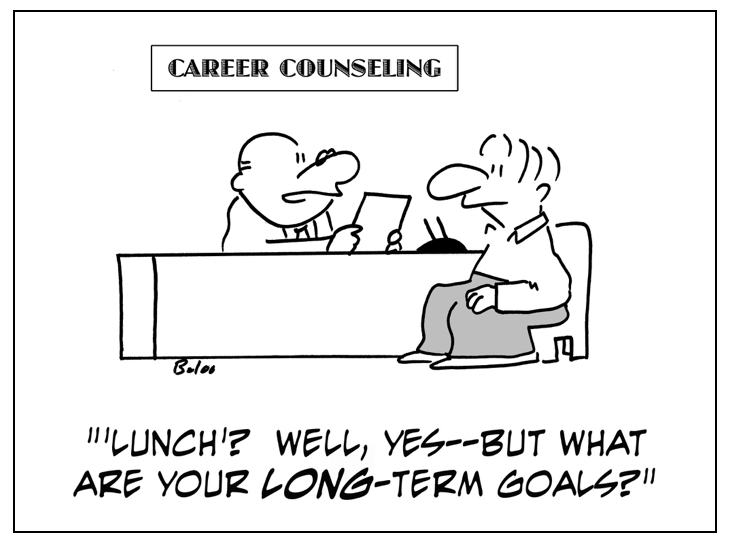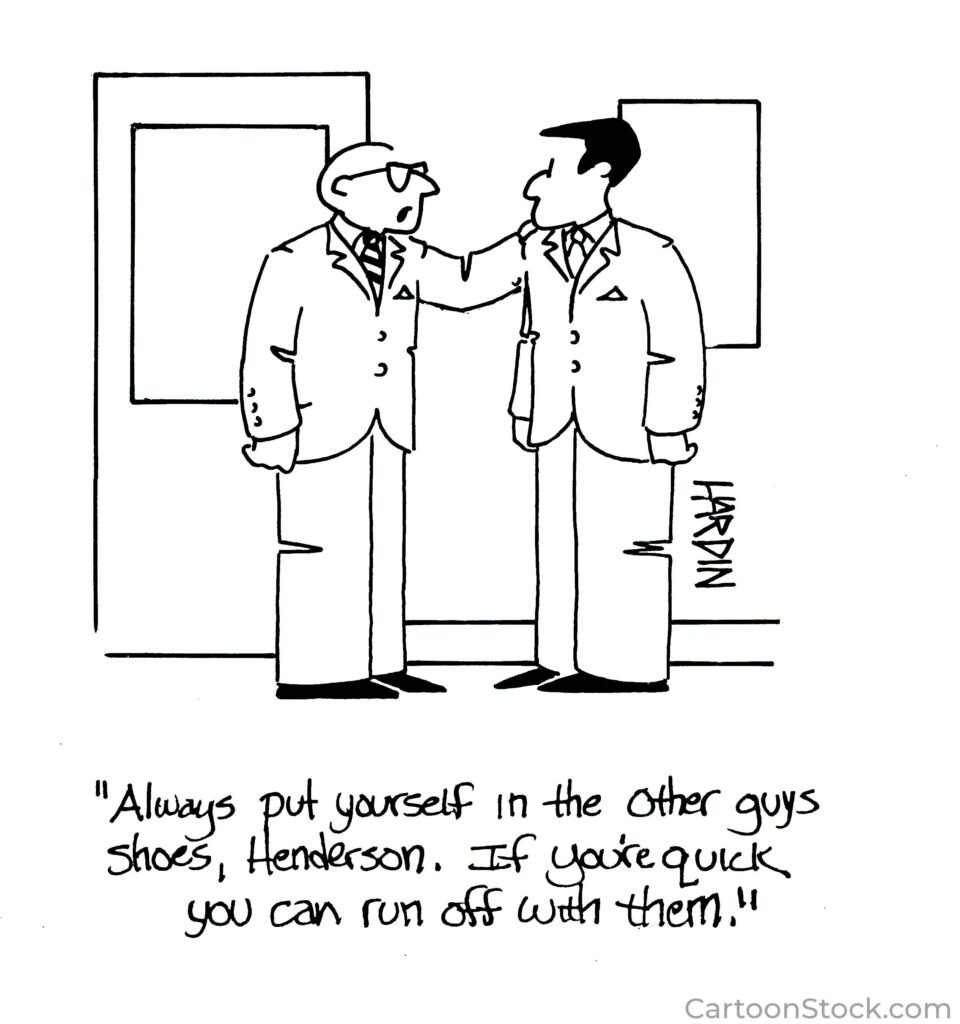
If you aim at nothing, you’ll hit it every time. Zig Ziglar
Mary and I love to travel. Twenty five years ago we set a goal of visiting 60 countries before we die. In April , 2024 we toured Chili, Argentina, and Uruguay. When we set foot in Montevideo, Uruguay we reached our goal. That afternoon we upgraded our aspirations to 80 by 80. We’re in our early 70’s so I think that’s doable. I’ve challenged my 9-year-old grandson to adopt 30 by 30 as a life-goal. He’s already been to seven countries.
For the past 47 years (that’s how long we’ve been married), during the week between Christmas and New Years Day, Mary and I talk about goals – evaluating those we have been working on and setting new ones. Years ago we set a goal of becoming debt-free and accomplished that in 2010. Early in our marriage we dreamed of our daughters getting a good education (they graduated from Juilliard and Columbia).
Some of our goals are more simple: this year (2024) we want to host a monthly dinner with friends. We want to reimagine our backyard. I’m teaching Ben music.
Goal setting is so beneficial. Goals clarify intent and focus resources. Without them, we may drift through life, accomplishing little.
Here are some guidelines for goal setting:
-
-
- Set goals in all major areas of life: financial, relational, physical, professional, spiritual, social, and intellectual.
- Write them down. It’s not sufficient to simply talk about them. Steven Covey teaches that, “Writing bridges the conscious and subconscious mind. Writing is a psycho-neuromuscular activity that literally imprints the brain.”
- Regularly, measure and review your progress. If you don’t, goals will lose their purchase and denigrate into wishful thinking.
- Most of your goals should be practical and achievable, but some should be stretch-goals. A Chinese proverb says, “He who aims for the stars shoots higher than he who aims for the trees.”
- Don’t bludgeon yourself if you don’t accomplish all your goals. Partially completed goals can be very fulfilling because sometimes the journey is just as rewarding as arriving at the final destination.
-
What will happen if you don’t set and pursue goals? Most likely you’ll underutilize your gifts and resources and not reach your potential. Hockey legend Wayne Gretzky said, “You’ll miss one hundred percent of the shots you don’t take.”
“Que sera, sera. Whatever will be will be” is a cute song to sing but a lousy philosophy on which to build your life. Decide now that you’re going to set and accomplish meaningful goals.
For further reading…
An article in the March 24, 1972 issue of Life magazine featured John Goddard who, at age 15, wrote down 127 goals which he wanted to accomplish in his lifetime.
Included in his goals were: climb Mounts Kilimanjaro, Ararat, Fuji, McKinley (and thirteen others); visit every country in the world; learn to fly an airplane; retrace the travels of March Polo and Alexander the Great; visit the North and South Poles, Great Wall of China, Taj Mahal (and other exotic areas); become an Eagle Scout; dive in a submarine; play flute and violin; publish an article in National Geographic magazine; learn French, Spanish and Arabic; milk a poisonous snake; read the entire Encyclopedia Britannica; and other goals, similar in variety and scope.
By age 47, Goddard had accomplished 103 of these goals and was in the process of completing several others. Goddard was neither wealthy nor gifted when he began his amazing saga of adventure and accomplishment. He was just a young boy who believed all things were possible and that he could accomplish his goals.



